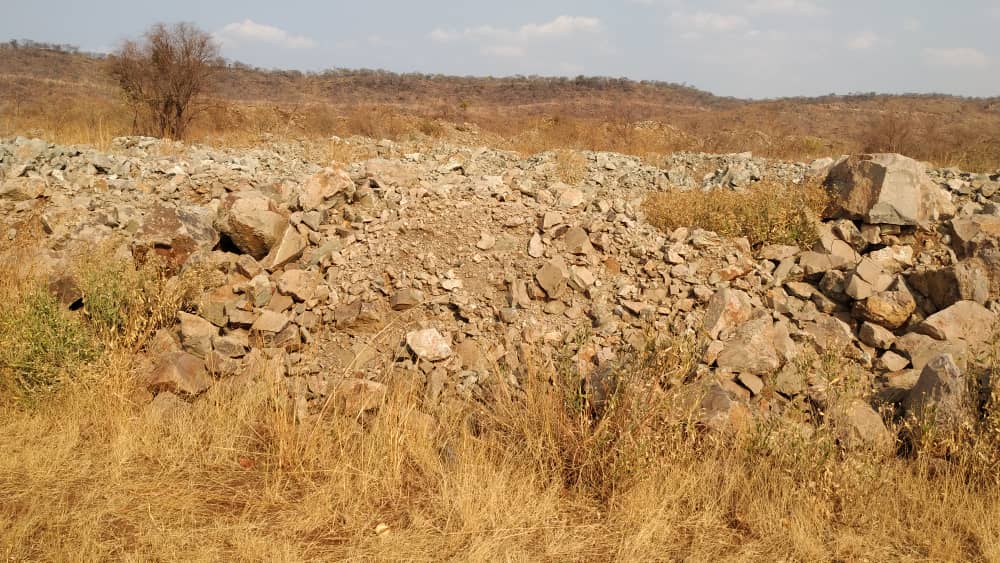Citizens have called for full disclosure of information on any contract, license, concession, or other agreement governing mining activities to enhance transparency and accountability in the sector.
This call comes after some mining companies recently tried to prospect for minerals in protected areas in Matobo and Hwange after being issued with licences by the Ministry of Mines and Mining Development.
Transparency in the sector will empower citizens, particularly communities in mining areas, to hold the government to account over the responsible stewardship of natural resources and reduce corruption in the extractive sector.
Speaking at a dialogue session hosted by the Transparency International Zimbabwe (TIZ) at the ongoing Zimbabwe Alternative Mining Indaba (ZAMI) in Bulawayo Thursday, citizens from various backgrounds said they had a constitutional right to understand the terms of big mining contracts.
“Look at what happened at Hwange National Park, some companies were found drilling inside and this caused an uproar from residents who asked whether there were no other places to mine from. The role of residents in extractive mining should be appreciated otherwise people will just come and do as they please without conducting environmental impact assessments,” said Fidelis Chima, Coordinator of Greater Whange Residents Trust.
Chima added that local authorities should be mandated to play a role in licensing mining companies because they worked with locals of those areas.
“Local communities should benefit from their local resources and this is specified under Section 13 of the constitution and what happens at Hwange National Park shows that section was violated,” he said.
Coordinator of African Institute for Environmental Law, Farai Mutondoro, noted that in addition to parliament doing its oversight role in analysing mining contracts, Civic Society Organisations (CSOs) also had to be trained to scrutinise these agreements.
“In July 2009, the Independent reported that the Government of National Unity could have received $5billion from China Exim Bank (the Export–Import Bank of China), in return the Chinese could have had received equity of 50 percent meaning they could have made $15 billion profit, if the deal had been signed, Look at it – $15 billion for receiving a 50 percent equity and giving Zimbabwe 5 billion dollars,” he said.
Mutondoro noted that mining contracts were complex due to the clauses that were set that gave advantage the other party.
“There’s a renegotiation clause within a mining contract, look at the Anjin deal, people are asking why Anjin is back in Marange. The Anjin clause says if ever there’s any change of laws for government policies in Zimbabwe making it difficult for either party to meet its obligations, China could declare all the sum payable immediately.
“This shows investors will make sure there are clauses that protect their investment. Look at the Essar deal, people feel we lost out. This goes beyond parliament as we need to be capitated to analyse mining contracts,” he said.
Other participants also queried whether the parliament scrutinised deals that were made by President Emmerson Mnangagwa especially when he went out of the country.
“The president, in his capacity, goes to foreign pools to seek deals and comes back saying such a deal was clinched. Does the president and his executive report back to parliament such that these deals are scrutinised?”
“There was a situation in Mutoko where the community rebutted people conducting unsustainable mining but at the end of the day they produced a document from the ministry of mines, accrediting them as having the right to mine. Does parliament have oversight in such deals and those negotiated by the president?”, asked one.
Another participant added that contract transparency and sustainable mining was necessary but not sufficient conditions for locals to benefit as people needed to dig deeper and see how revenue was shared between the central government and mining communities.
“A best practice is in Botswana where it allocates 60 percent of diamond mining revenue to locals so we have to find out the methodology, criteria and percentages that are collected by the central government and see whether they trickle down to mining communities,” he said.
A female participant advised mining-related organisations to educate women miners as well on the importance of learning contractual mining issues as some operated in rural remote areas where there was “an information gap and most likely taken advantage of.”

